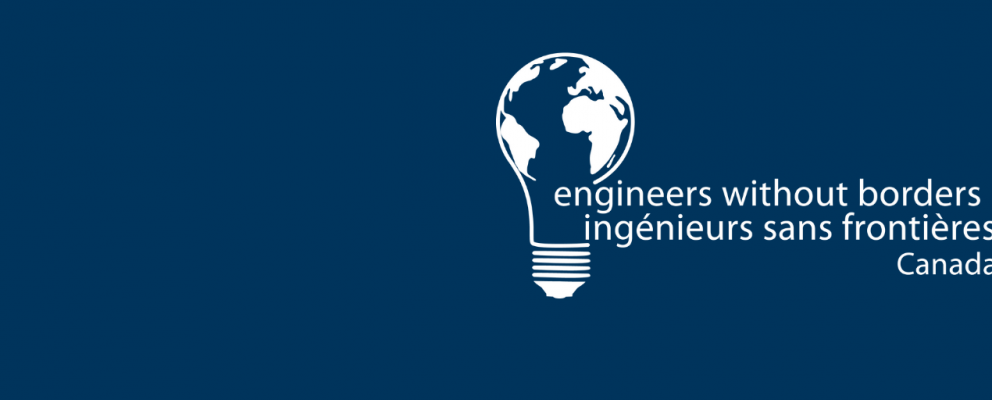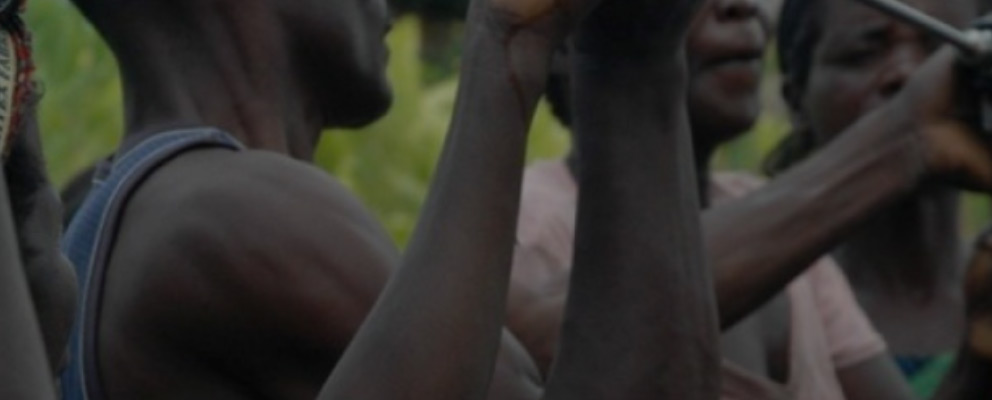
We’ve Got Answers to Your Questions for The Minister of International Development
In the second installment of the Beyond Borders Impact Series, EWB held a Live Q&A with Canada’s Minister of International Development, Karina Gould. The discussion between the Minister and Casey Ferriter, EWB’s Advocacy Campaign Coordinator, focused on Canada’s role within the international community with regards to the current COVID-19 pandemic.
As we all know, COVID- 19 has affected each part of the world differently and response efforts have been challenging. The Minster shared her insights as to how Canada can continue to provide development aid during unprecedented times and how to navigate development obligations coming out of the pandemic.
The conversation highlighted the #CanadaCares campaign, which is focused on advocating for more and better development aid abroad, as part of a global response to COVID-19. The goal of #CanadaCares is to bring this issue to the attention of MP’s and Parliament to step-up Canada’s response to the pandemic abroad. For those who were unable to join us, here’s the recording below:
Key takeaways from the discussion:
- While we have to respond to COVID-19 to protect Canadians domestically, we also cannot ignore our core humanitarian and development work; we have to think creatively about how stick to this while battling COVID-19
- Our domestic response has to include an international response; what we do domestically matters for what we do around the world and vice versa for our own health and safety here in Canada
- We are a global community; therefore helping development efforts around the world, in turn, helps us
- Canada has made a commitment to the fair distribution of COVID-19 vaccines; this includes global solidarity in sharing technology, making vaccines available, accessible and affordable while making sure they can be scaled up quickly and effectively
- Canada cannot ignore responses to other important humanitarian crises, like food security for example, in their response to COVID-19; Canada has pledged $1 million in response to food security concerns in East Africa due to locust infestations. In addition, Canada is advocating for open access and continued trade to continue access to essential goods
- We need to move towards a global commitment to local delivery; this entails ensuring that there are universally accessible primary health care systems in place globally to provide local aid
Additionally, Minister Gould kindly answered some questions posed during the discussion that were not able to be covered. Here are the responses below.
AUDIENCE QUESTION: What role does increasing trade relationships with developing countries play in our development efforts? How do you think trade and aid can complement each other in our efforts to promote global development?
- Trade (and investment) can connect local economies to regional and global value chains, fostering expanded economic opportunities in developing countries.
- To implement the Feminist International Assistance Policy Action Area on “Growth that works for everyone” Canada has been encouraging an enabling environment for trade, increasing women’s equal access to capital markets, technology, business development services, and leadership and training opportunities so they can fully benefit from financing for development opportunities.
- Alongside the Feminist International Assistance Policy, Canada’s inclusive approach to trade seeks to ensure that all Canadians can take advantage of the opportunities that flow from trade and investment and that trade policy contributes to broader economic, social, and environmental policy priorities. For example, as part of its inclusive approach to trade, Canada advances in its trade negotiations strong and enforceable labour and environment chapters, as well cooperation-based chapter and provisions on SMEs, gender equality and women’s economic empowerment, and Indigenous peoples.
AUDIENCE QUESTION: Given that Canada has a feminist international development policy, what steps is Canada going to take to ensure that our post-covid recovery assistance takes a feminist approach as well?
- The gender and diversity dimensions of the pandemic are complex and in its response to the COVID-19 crisis Canada has been consistent in highlighting the need to integrate a gender and diversity lens, and to be mindful of not reinforcing structural inequalities and power dynamics.
- It is important to consider and address gender norms, roles and relations in COVID-19 response strategies to ensure responses are effective and do not perpetuate or reproduce existing gender and health inequalities. In particular, preventing, mitigating and responding to gender-based violence should be prioritized and integrated in all humanitarian action related to COVID-19.
- Women’s rights groups, NGOs and child protection practitioners must be supported to ensure that they have the resources to respond to the increasing needs of victims and survivors of violence.
AUDIENCE QUESTION: Given the high risk of outbreaks in refugee camps and the low number of confirmed cases due to lack of testing kits, will Canada be directing any ODA to testing kits for refugee camps and outbreak containment in general?
- Canada is supporting partners such as WHO, UNHCR and IOM to respond to urgent humanitarian needs, including expanding testing and outbreak containment in refugee and displacement camps.
- For instance, UNHCR is conducting testing in line with national protocols, and is trying to decentralize testing as much as possible in order to improve turnaround time and more effectively do isolation and contact tracing.
- Further, on outbreak containment, UNHCR is working to provide adequate shelter and camp management support to reduce density and assist isolation efforts. For instance, it has already built isolation units, field hospitals, and deployed some 1,500 refugee housing units to serve as isolation and quarantine facilities.
